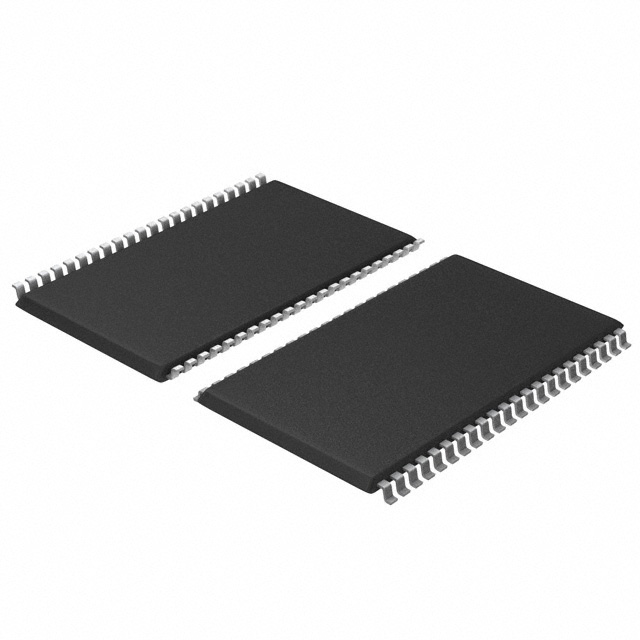70T651S10BC
Manufacturer No:
70T651S10BC
Manufacturer:
Description:
IC SRAM 9MBIT PARALLEL 256CABGA
Datasheet:
Delivery:





Payment:




In Stock : 0
Please send RFQ , we will respond immediately.









70T651S10BC Specifications
-
TypeParameter
-
Supplier Device Package256-CABGA (17x17)
-
Package / Case256-LBGA
-
Mounting TypeSurface Mount
-
Operating Temperature0°C ~ 70°C (TA)
-
Voltage - Supply2.4V ~ 2.6V
-
Access Time10 ns
-
Write Cycle Time - Word, Page10ns
-
Memory InterfaceParallel
-
Memory Organization256K x 36
-
Memory Size9Mbit
-
TechnologySRAM - Dual Port, Asynchronous
-
Memory FormatSRAM
-
Memory TypeVolatile
-
DigiKey ProgrammableNot Verified
-
PackagingTray
-
Product StatusActive
-
Series-
The 70T651S10BC integrated circuit (IC) chips, also known as Field-Programmable Gate Arrays (FPGAs), have several advantages and application scenarios. Here are some of them:Advantages: 1. Flexibility: FPGAs can be reprogrammed or reconfigured for different applications, providing flexibility in functionality and reducing the need for hardware changes. 2. High performance: These chips offer high processing speeds and can handle complex tasks, making them suitable for applications requiring real-time data processing. 3. Parallel processing: FPGAs have the ability to perform parallel processing, enabling them to handle multiple tasks simultaneously, thus increasing throughput. 4. Low power consumption: Compared to traditional Application-Specific Integrated Circuits (ASICs), FPGAs generally have lower power requirements, making them suitable for power-constrained devices. 5. Cost savings: FPGAs eliminate the need for custom ASIC development, reducing production costs and time-to-market.Application Scenarios: 1. Communications and Networking: FPGAs are commonly used in network switches, routers, and communication infrastructure equipment for high-speed data processing, protocol handling, and encryption. 2. Aerospace and Defense: FPGAs find applications in radar and sonar systems, satellite communications, military equipment, and aerospace systems, where real-time processing, signal processing, and data encryption are vital. 3. Industrial Automation: FPGAs are used in programmable logic controllers (PLCs), industrial robots, motor control systems, and process control systems, providing real-time control, sensor interfacing, and data analysis capabilities. 4. Medical Devices: FPGAs enable real-time image processing in medical imaging systems like ultrasound, magnetic resonance imaging (MRI), computed tomography (CT), and nuclear medicine equipment for accurate diagnoses. 5. Automotive: FPGAs are used in advanced driver assistance systems (ADAS), autonomous vehicles, and infotainment systems for high-speed data processing, sensor fusion, and control. 6. Internet of Things (IoT): FPGAs can be integrated into IoT devices to handle communication protocols, security, data analytics, and sensor interfacing, enabling intelligent edge computing.These are just a few examples, and the versatility and programmability of FPGAs make them suitable for a wide range of applications across various industries.
70T651S10BC Relevant information
-

CY7C1051H30-10ZSXIT
Infineon Technologies -
EM008LXOAB320CS1R
Everspin Technologies Inc. -
S25HS01GTDPMHB010
Infineon Technologies -
MT60B4G4HB-56B:G
Micron Technology Inc. -
CY15B104QI-20BFXIT
Infineon Technologies -
CY15V104QI-20BFXIT
Infineon Technologies -
CY15B104QI-20LPXIT
Infineon Technologies -
CY15B104QI-20LPXCT
Infineon Technologies -
CY15V104QI-20LPXCT
Infineon Technologies -
CY15V104QI-20LPXIT
Infineon Technologies






